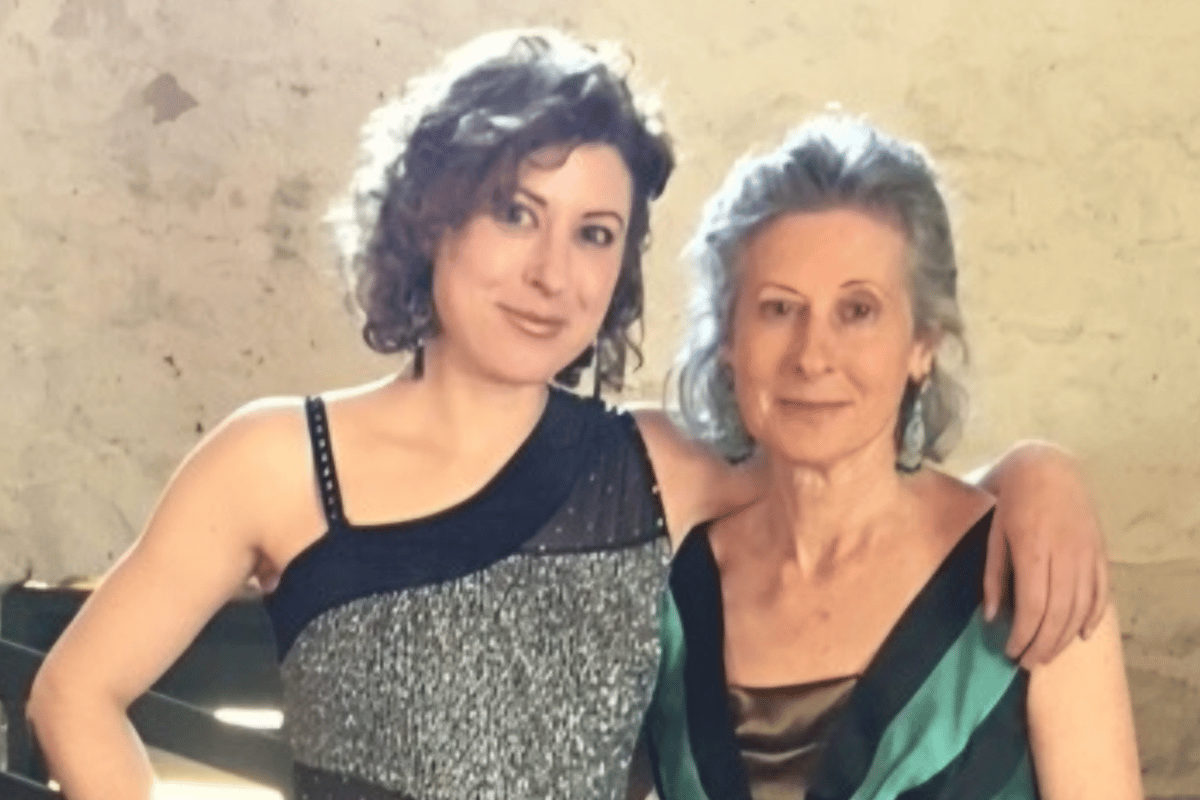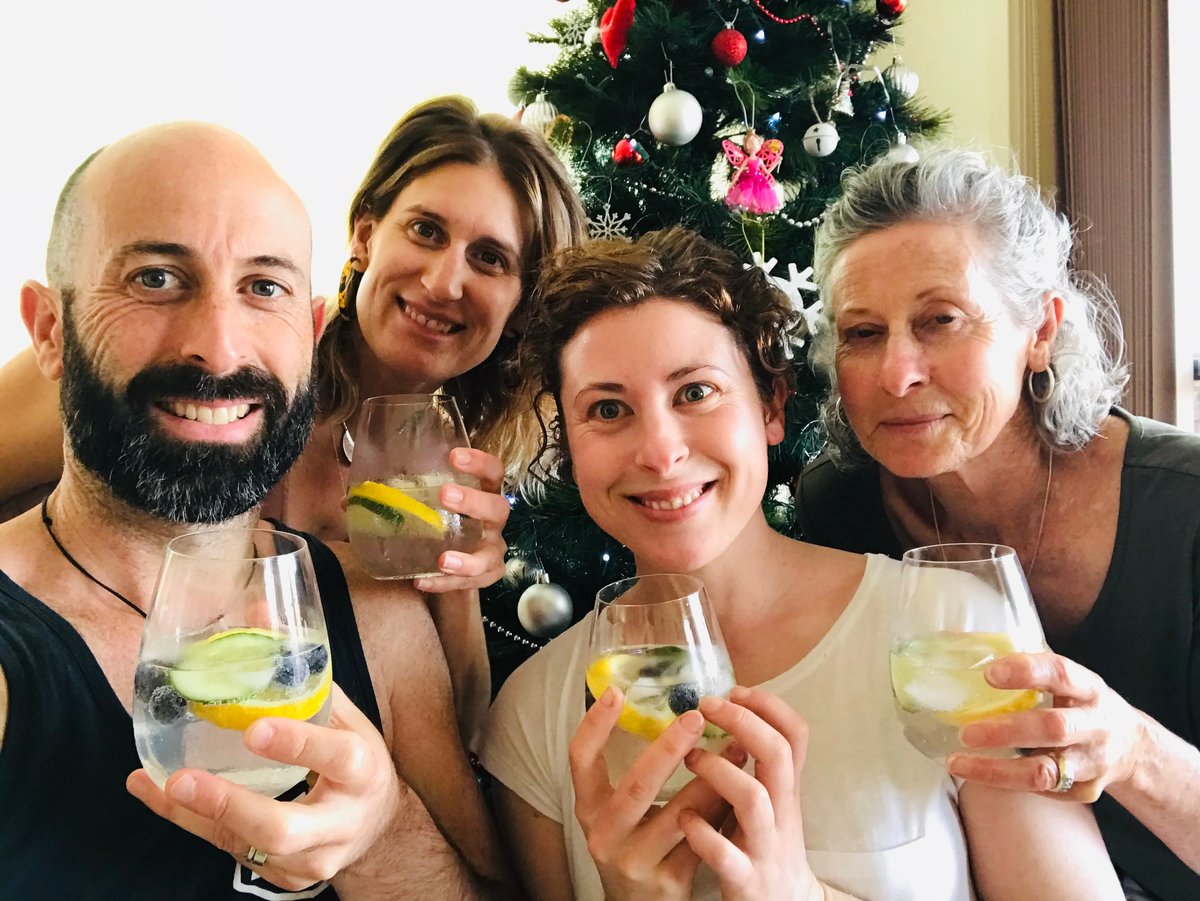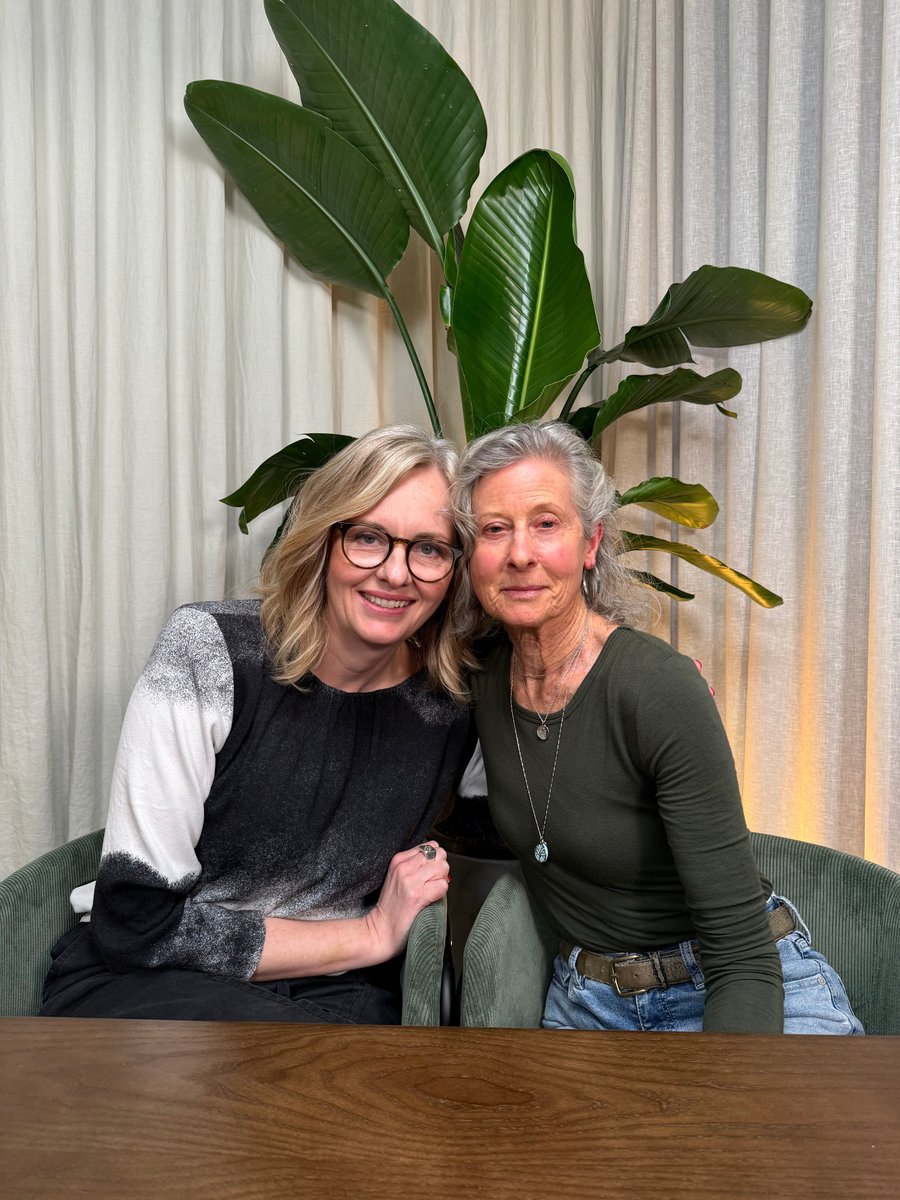
This is a personal reflection on a mother's loss of her daughter to suicide.
Following an almost two-decade battle against intractable mental illness, my beautiful, intelligent and much-loved daughter, Kate, died by suicide on the 23rd January 2024, aged 41.
Right until the very end, Kate's courage, determination, strength of will and burning desire for a healthy life were astonishing. I am enormously proud of her.
She was, and will always be, an inspiration to me and to the many others who loved her.
Kate was a happy, optimistic, confident, and capable woman who gradually became what she described as "Opposite Kate".
She became sad, timid, frightened by the ordinary things of life, and overwhelmed by a wave of pessimism. She could feel it happening to her, she could describe exactly how it felt.
I began to see that the sufferer of a mental illness like Kate's is trapped inside a brain that does not function properly, and one that interprets the world incorrectly.
It is a mind ridden with anxiety and crushed by chronic, debilitating depression.
Watching her battle, I learned a lot about the illness of the mind, how invisible and misunderstood it can be.
I often questioned, "How can she be ill when she looks so normal?"
It's hard to believe a claim that has no apparent symptoms, and just requires trust.
Watch: Anxiety: the telltale signs. Post continues after video.






























































































